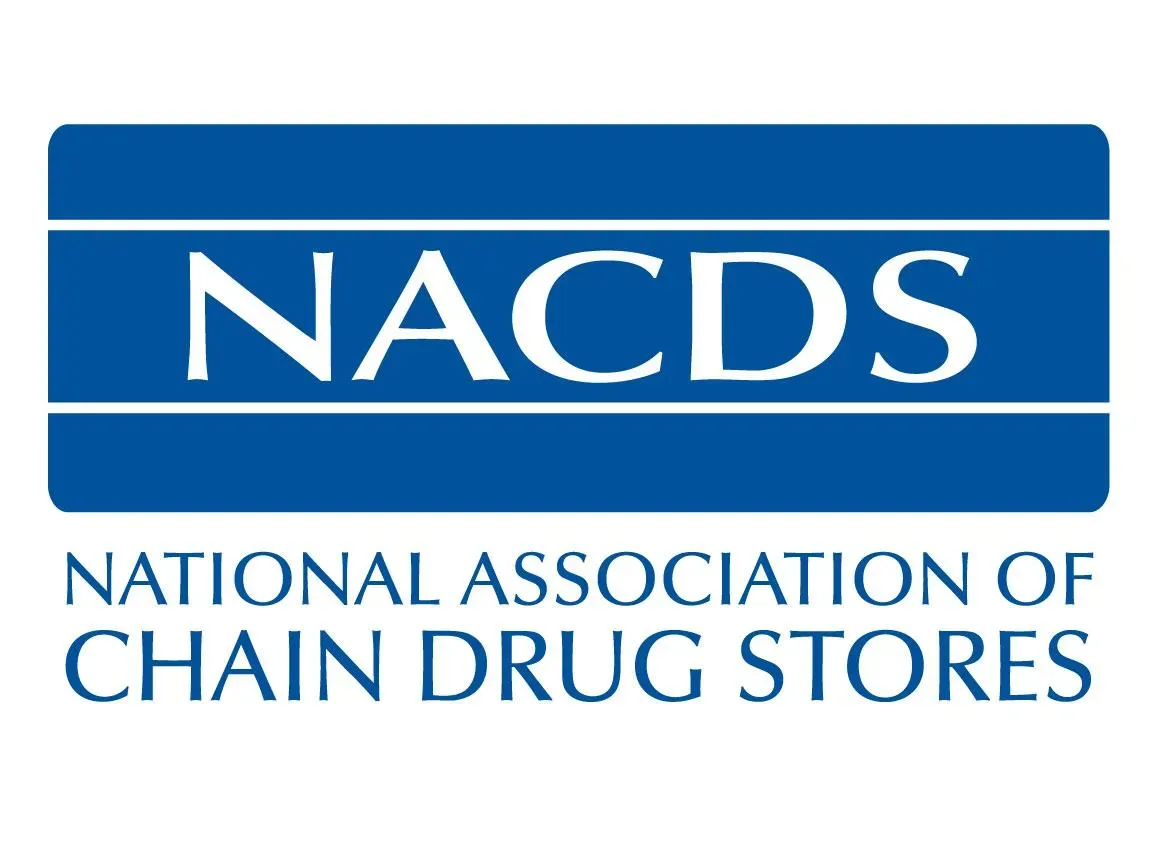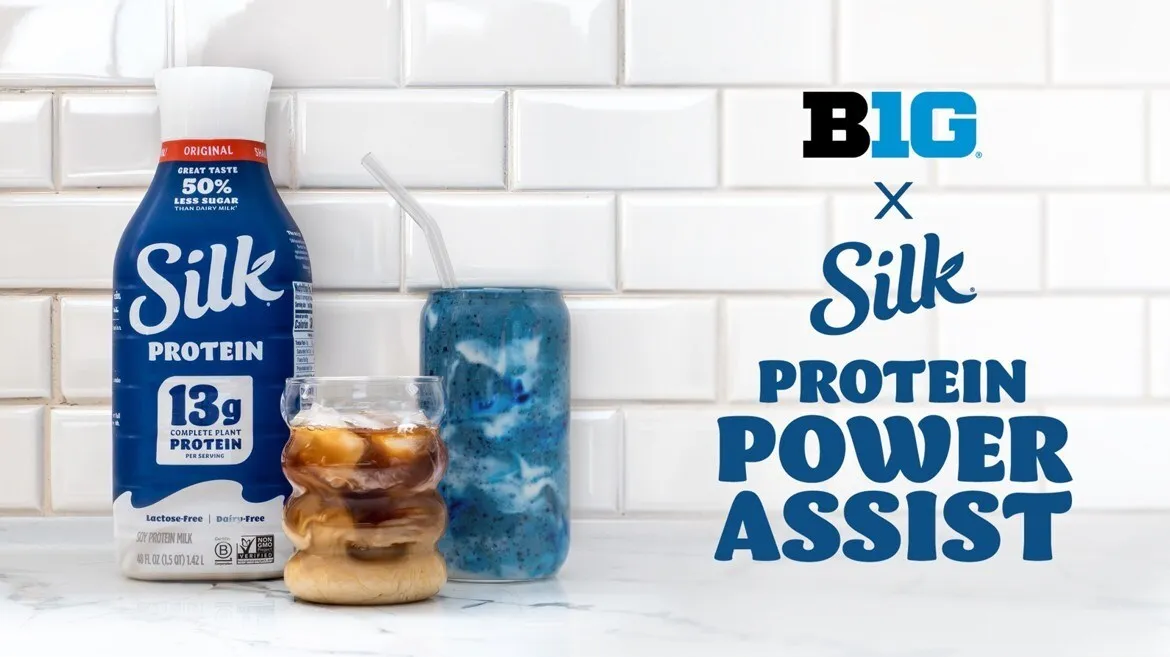Arlington, Va. – The National Association of Chain Drug Stores is calling for urgent congressional action following the Federal Trade Commission's unanimous decision to release the second interim staff report on pharmacy benefit manager practices. The report highlights troubling price markups on specialty generic drugs, including treatments for cancer and HIV, by major PBMs.
The FTC's latest findings, presented during its January 14 meeting, reveal significant PBM-generated revenues through excessive price markups. According to the report, the three largest PBMs marked up specialty generics by hundreds to thousands of percent, netting more than $7.3 billion in excess revenue from 2017 to 2022.
NACDS President and CEO Steven C. Anderson lauded the FTC's move to shed light on these practices and emphasized the need for immediate reforms:
"The problems of big-PBM tactics remain obvious. The bipartisan and broadly-backed solutions remain ready in Congress. Time is wasting – as is Americans' money. It's time to stop this rip-off and to deliver a win for the American people."
Anderson urged policymakers to prioritize action against PBM strategies that disproportionately harm patients, pharmacies, and taxpayers. He criticized the entrenched practices of PBMs, which he described as designed to protect their profit-driven status quo:
"The people's leaders in Washington, D.C. and across the states need to remain accountable to those who elected them and deliver the reforms that will end pharmaceutical benefit manipulation that is devastating Americans, their pharmacies, taxpayers, employers, and entire communities."
Report Highlights
The FTC's second interim staff report offers a detailed look into PBM practices, including:
- Significant price markups: Specialty generic drugs were subject to substantial price increases, disproportionately impacting patients and healthcare plan sponsors.
- Revenue generation: Over $7.3 billion in dispensing revenues exceeded the National Average Drug Acquisition Cost (NADAC).
- Spread pricing tactics: Additional PBM profits were derived by inflating drug prices for plan sponsors and patients.
- Market dominance: PBM-affiliated specialty pharmacies leveraged their position to drive parent companies' operating income.
The findings align with earlier investigations by the U.S. House Oversight and Accountability Committee and echo concerns President-elect Donald Trump raised in recent public comments.
NACDS has been a vocal advocate for addressing PBM practices, submitting a video statement to the FTC before the report's release. With broad bipartisan support for reform measures in Congress, Anderson urged swift action to end what he described as a systemic "rip-off" affecting American healthcare.
As the nation prepares for a new administration, NACDS and other stakeholders intensify calls for legislative and regulatory changes to curtail PBM abuses and restore fairness in pharmaceutical pricing.








